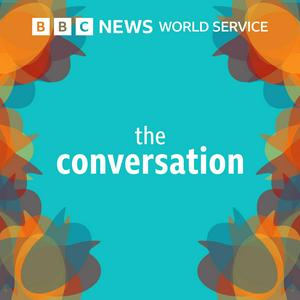Datshiane Navanayagam talks to two women who changed paths to design and manufacture their own shoes in their own countries. A former environmental engineer in India and former interior designer from Egypt explain how they found their passion.
Anita Soundar was a chemical engineer before deciding to follow her need for self-expression and footwear design. While working at her father’s small factory in Chenai she studied footwear design from Italy to the Netherlands to China, learning about design to pattern making, hand crafting to mass production. In 2023 she won a global footwear award for natural material vegan footwear and an International Design Award in 2025. Her quirky designs for her company The Disobedience are made from natural materials like cotton, tomato and banana skins, have featured in high-fashion magazines like Elle India.
Reem Hamed is Egyptian. She trained as an architect and set up an interior design company before turning to shoe design and manufacture. Her shoes are handcrafted and embroidered by artisanal Egyptian women. She says “comfort is not just about the way they make your feet feel… Comfort is a state of mind.” She’s wants to ensure the craftswomen that make shoes for her company, Ramla, are valued, working in good conditions and passionate about what they do.
Produced by Jane Thurlow
(Image: (L) Reem Hamed, credit Malak Hammouda. (R) Anita Soundar credit Team Disobedience.)


